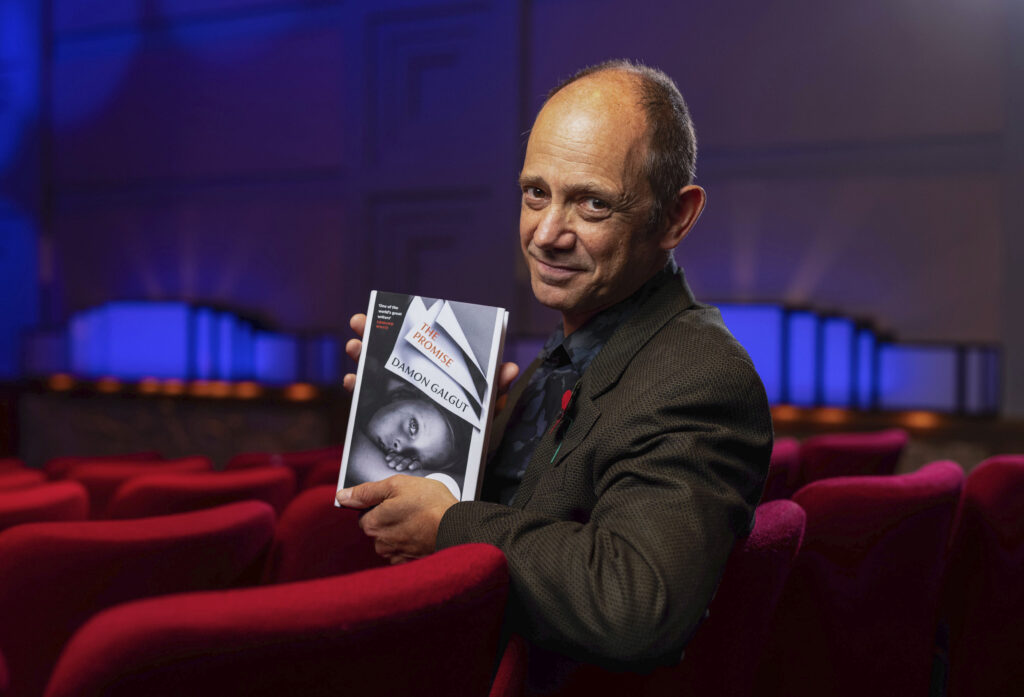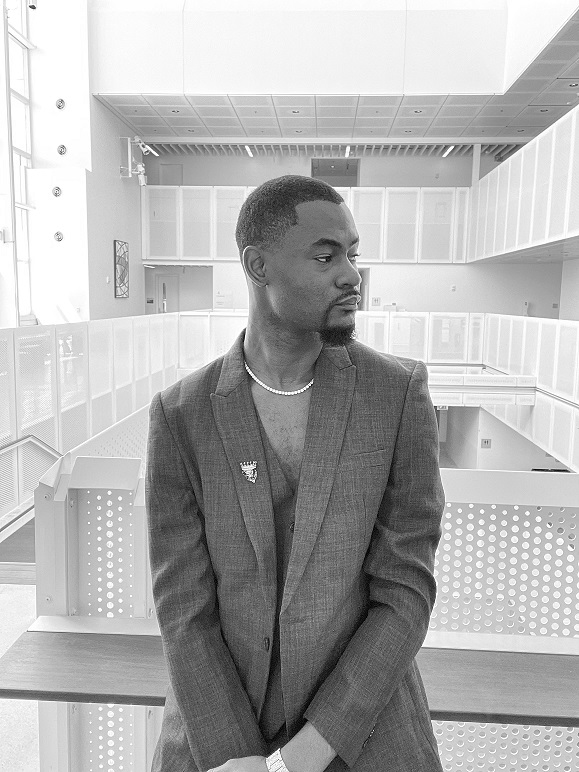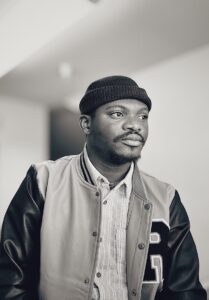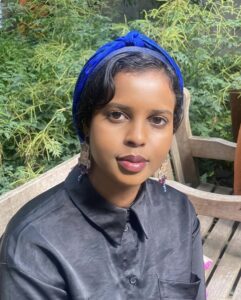Damon Galgut has been awarded the 2021 Booker Prize, for his ninth novel The Promise, the story of a white family dealing with its failed promise to a Black woman who worked for them her whole life. The South African stylist was previously shortlisted twice: in 2003 for his fifth novel The Good Doctor and in 2010 for his seventh novel In a Strange Room. He was the hot favourite to win.
The judges for the £50,000 award made a unanimous decision. They described The Promise as “a strong, unambiguous commentary on the history of South Africa and of humanity itself that can best be summed up in the question: does true justice exist in this world?” It is, they say, “a spectacular demonstration of how the novel can make us see and think afresh.”
The book evokes William Faulkner in its “searching examination of family, place, and the dysfunctions that connect them” and channels Virginia Woolf in its “deft inhabiting of different characters’ consciousnesses,” the judges suggest, but “with a sensibility, artistry, and scope that are entirely his own.”
The judging panel comprised novelist Chigozie Obioma, the writer and editor Horatia Harrod, the actor Natascha McElhone, the writer and former Archbishop Rowan Williams, and the chair, historian Maya Jasanoff.
“We felt that this book really is a tour de force,” Jasanoff said. “It combines an extraordinary story with rich themes – the history of the last 40 years in South Africa – in an incredibly well-wrought package.”
Before they discussed the books, she said, “we had a more wide-ranging discussion about what it is we feel makes a book a winner. One of the judges drew a distinction between the very good and the great. For me, The Promise manages to pull together the qualities of great storytelling – it’s a book that has a lot to chew on – with remarkable attention to structure and literary style. With each reading of this book, it revealed something new. This is a book about legacies, those we inherit and those we leave, and in awarding it this year’s Booker Prize we hope it will resonate with readers in decades to come.”
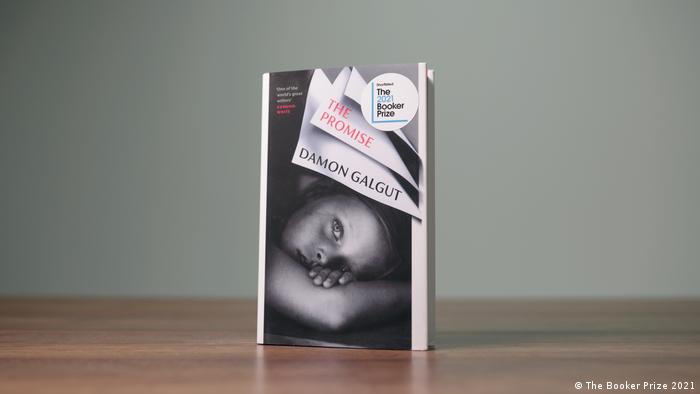
Here is a synopsis of The Promise, from its publisher Chatto & Windus:
Brutal emotional truths hit home in Damon Galgut’s deft, powerful story of a diminished family and a troubled land.
The narrator’s eye shifts and blinks, deliciously lethal in its observation of the crash and burn of a white South African family. On their farm outside Pretoria, the Swarts are gathering for Ma’s funeral. The younger generation detests everything the family stands for, not least the failed promise to the Black woman who has worked for them her whole life. After years of service, Salome was promised her own house, her own land, yet somehow, as each decade passes, that promise remains unfulfilled.
Galgut is now the third South African to win the Booker Prize, following Nadine Gordimer, in 1974 for The Conservationist, and two-time winner JM Coetzee, in 1983 for Life and Times of Michael K and in 1999 for Disgrace. He becomes the fifth African overall, in addition to the Nigerian Ben Okri, winner in 1991 for The Famished Road, and the British Nigerian Bernardine Evaristo, in 2019 for Girl, Woman, Other.
Importantly, Galgut is the second African this year to take a major international award, following the Tanzanian novelist Abdulrazak Gurnah’s win of the Nobel Prize in Literature last month. He referred to this in his acceptance speech. “This has been a great year for African writing,” he said, “and I’d like to accept this on behalf of all the stories told and untold, the writers heard and unheard from the remarkable continent that I’m part of. Please keep listening to us, there’s a lot more to come.”
His presentation of modern South Africa “is not a happy one,” he said. “Things are not great with us right now. South Africa has seen better days. As a writer, all you can really do is draw attention to it, I guess. I’m not one of those people who believe that books can change the world, I believe that books reflect it. The more acutely you can make people feel a situation, the more chance there is that the situation may change.”
The Promise follows one white family, the Swarts, and is structured around four funerals across four decades. The judges hailed its shifting narration, inspired by film and Galgut’s playwright sensibility, as “unusual” and as “a testament to the flourishing of the novel in the 21st century.”
Galgut’s other novels include A Sinless Season (1982), written when he was just 17, Small Circle of Beings (1988), The Beautiful Screaming of Pigs (1991), The Quarry (1998), The Impostor (2008), and Arctic Summer (2014). His plays include Echoes of Angers, Party for Mother, Alive and Kicking, and The Green’s Keeper. He is currently working on a collection of short stories.
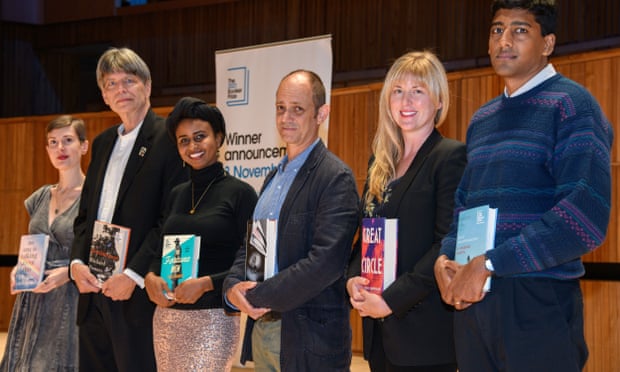
On the shortlist was another African, the British-Somali writer Nadifa Mohamed, for her third novel The Fortune Men. Others were the Sri Lankan Tamil Anuk Arudpragasam for A Passage North, and the Americans Patricia Lockwood for No One Is Talking About This, Maggie Shipstead for The Great Circle, and Richard Powers for Bewilderment.
The Booker Prize was won last year by the Scottish American Douglas Stuart, for his debut novel Shuggie Bain.

